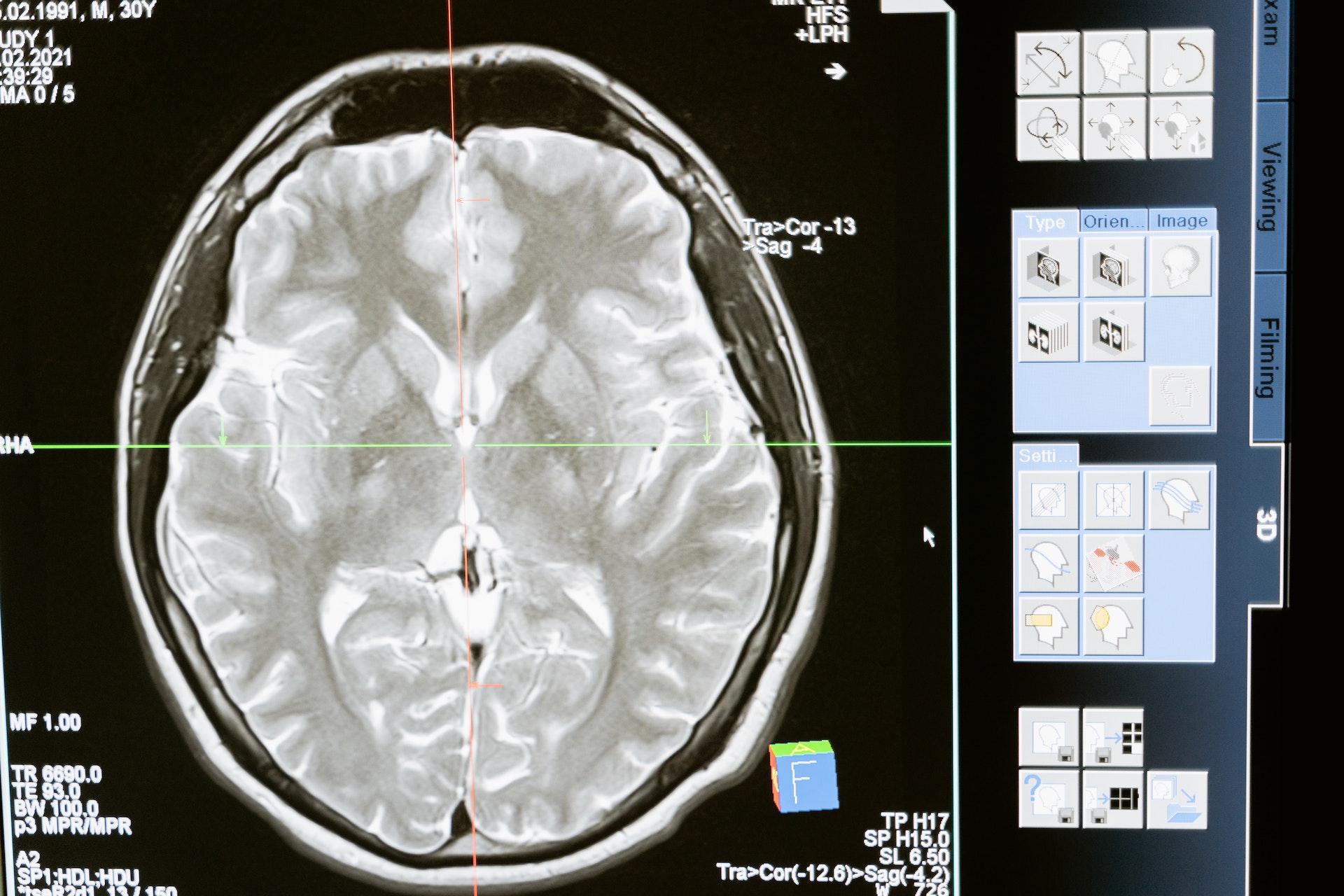Health & Wellness
How alcohol affects the brain
Imagine yourself at a party with friends having a wonderful time – drinking one bottle of beer. It’s completely harmless, right?

Imagine yourself at a party with friends having a wonderful time – drinking one bottle of beer. It’s completely harmless, right?
Absolutely.
There is nothing wrong with having an alcoholic drink here and there, especially if you’re enjoying the moment with loved ones on a Friday night. However, the concern comes into play once one drink becomes five and impairs your ability to function properly, diminishes your self-awareness, causes you to blackout, and develops permanent brain damage.
Common events that occur at college parties, for example, are binge drinking and alcohol blackouts. Binge drinking, the excessive consumption of alcohol within a short amount of time, is on par with alcohol blackouts, which are the result of binge drinking. Alcohol blackouts are much more extreme because the individual consuming the alcohol suffers a “wipe of memories” of certain moments regarding the time of drinking, or even the entirety of a day taking place. The time limits for alcohol blackouts aren’t set in stone, but they can extend up from hours to several days, along with convulsing and vomiting that ultimately sets an individual up for alcohol poisoning.
If you are a woman, you are actually more at risk for severe consequences from binge drinking and blackouts. That is due to a study by Sola Fernandez, on the comparison of alcoholic cardiomyopathy in women and men. The additional damage to the heart and nerve muscles and metabolization of alcohol are affected in a shorter amount of time in comparison to the internal damage of men, but being an alcoholic is a key factor.
In regards to alcoholism and addiction, the brain aggressively deteriorates, as shown in the Wernicke-Korsakoff Syndrome, which affects close to 80% of alcoholics. Because of the disorders, the individual undergoes either the short-term Wernicke’s encephalopathy or long-term Korsakoff’s psychosis effects. Despite there being the possibility of undergoing a short-lived disorder, it impacts with severe and almost permanent damage like a chronic illness, nonetheless.
Wernicke’s encephalopathy includes intense mental confusion, nerve paralysis in the eyes, such as oculomotor disturbance, and the diminishment of muscle coordination. Not all patients of Wernicke’s encephalopathy display the three symptoms listed above, but can actually harbor the disorder with only one active symptom. They are, however, all known to exhibit obvious confusion when making their way out of an area or have an impaired ability in walking. Korsakoff’s psychosis, on the other hand, is a chronic disorder that affects the individual’s ability to learn or remember common things, and has been proven to manifest issues with coordination and muscle memory. You could also associate the memory problems with Korsakoff’s psychosis to the symptoms of amnesia.
Additionally, if the user consuming alcohol was pregnant, the developing fetus would suffer brain defects in a series of symptoms called Fetal Alcohol Syndrome. This causes the children to have significantly smaller facial features, less microencephaly (brain volume), and a dangerously low amount of brain cells that hinder their ability to function with proper memory and muscle coordination, which fundamentally influences learning ability and behavior the rest of their lives.
While alcohol is cautioned and negatively impacts the brain, it ultimately depends upon the individual drinking to take responsibility for their actions, understand their limits – both physically and emotionally, and educate themselves of consequences that aren’t necessary and are completely avoidable. Again, a drink doesn’t hurt and a good time does not require bottles upon bottles to be chugged down in five minutes. Keeping up a habit to drink excessively can lead to alcoholism – and no one wants that! Take the time to analyze your situation and circumstances before that next cup of wine at a dinner party or celebratory IPA. You will never regret the decision to be responsible before indulging the evening.
Photo Credit : BBC
Real stories. Real impact. Straight to your inbox. Join thousands others. Click here to subscribe to our newsletter today!
-

 Black and Missing1 week ago
Black and Missing1 week agoMissing New Jersey teen found deceased
-

 Community1 week ago
Community1 week agoGoFundMe launched to support children after Mississippi mother’s fatal battle with cancer
-

 In Memoriam7 days ago
In Memoriam7 days agoFuneral arrangements announced for Rev. Jesse Jackson Sr.
-

 Crime & Justice6 days ago
Crime & Justice6 days agoFamily remembers Georgia teacher, mother killed when driver fleeing ICE crashed into her car; GoFundMe launched
-

 Real Voices6 days ago
Real Voices6 days agoGoFundMe launched for missing 21-year-old man found dead, hanging from tree in Atlanta park
-

 In Memoriam5 days ago
In Memoriam5 days agoWu‑Tang Clan founding member Oliver “Power” Grant dies at 52
-

 Real Voices1 week ago
Real Voices1 week agoGeorgia man killed by train remembered as a hero after saving friend
-

 Health & Wellness4 days ago
Health & Wellness4 days agoRobert Cosby Jr., son of Real Housewives of Salt Lake City cast member Mary Cosby, dies at 23

















